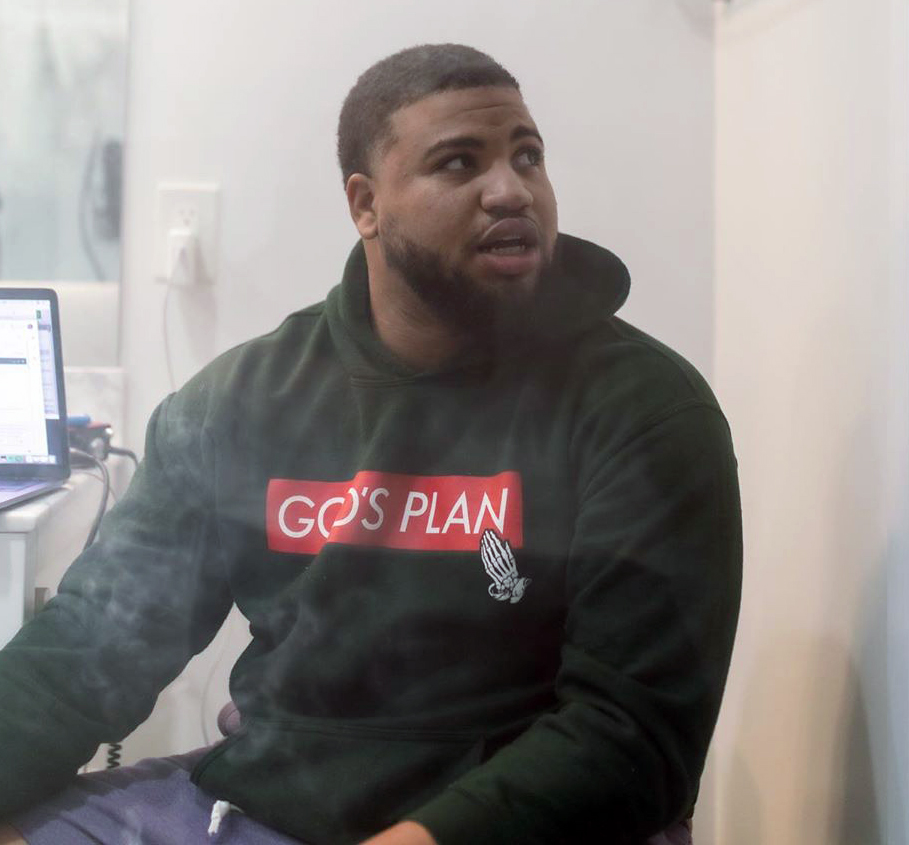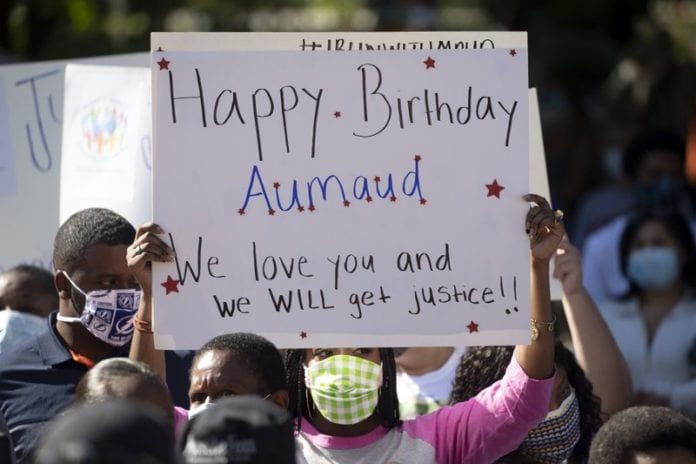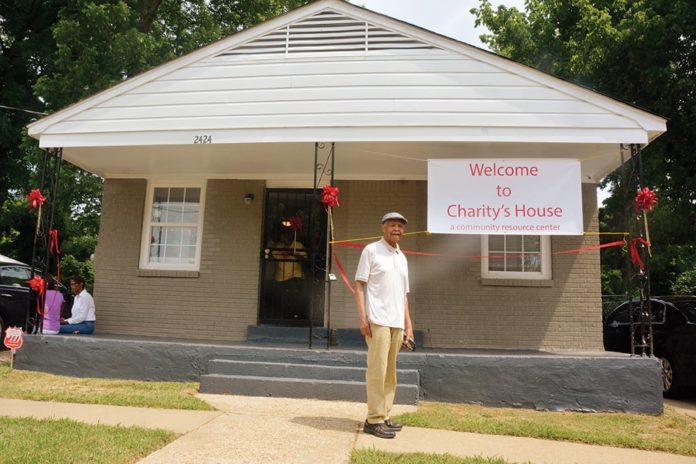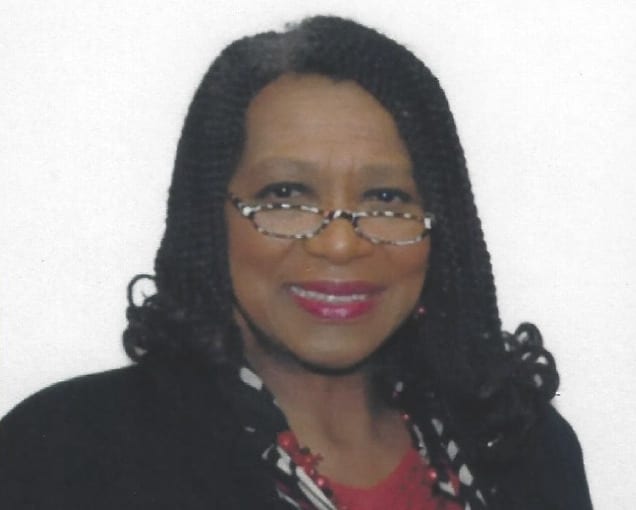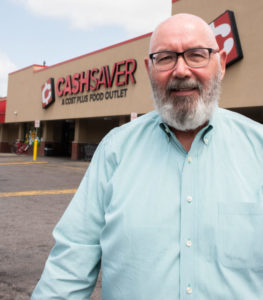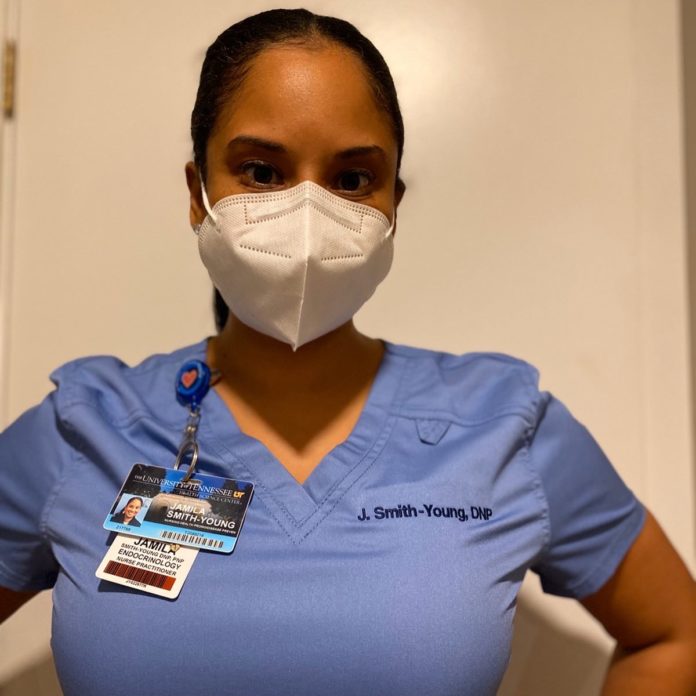At Rust College in Holly Springs, Miss., one history-making college president is about to be replaced by another.
Dr. Ivy Taylor, who served as mayor of San Antonio, Texas for three years, is set to become president of the tiny liberal arts college – the first woman to hold the position in the school’s 154-year history. She will succeed Dr. David Beckley, who steps down after 27 years – the longest tenured president in Rust’s history.
“I am thrilled to be part of writing the next chapter for this historic institution,” Taylor said in a statement.
Taylor’s selection comes after an eight-month search by the college’s Board of Trustees. Holly Springs Mayor Kelvin Buck, a Rust College alum, who also served on the selection committee, said that more than 70 candidates were considered, but Taylor rose to the top.
“It was a lot that we were looking for, to be honest with you,” Buck said. “We were looking at a lot of different assets that we wanted the new president to have. And going through 70 applicants with a variety of credentials and experiences and talents, we think we have a fresh new face, fresh new set of ideas coming through by way of Dr. Taylor.”
Dr. Taylor spent six years as a lecturer in public administration at the University of Texas at San Antonio. She also served on the San Antonio Planning Commission and was previously a commissioner for the San Antonio Urban Renewal Agency. Before becoming mayor, she served for five years on the San Antonio City Council.
“We believe the abilities she gained in nonprofit management and political leadership will be readily transferable to an academic setting,” said David Swinton, chair of Rust’s board of trustees.
The New Tri-State Defender reached out to Rust College to interview Taylor for this story, but she had not returned a call at press time. However, she commented on her selection with The Rivard Report, a nonprofit journalism site based in San Antonio, saying she was “excited to be turning the page” on her career.
“I tried to tell people I wasn’t a career politician,” she told The Rivard Report. “I think they just thought that was a slogan. … Once you run for office people think you’re a politician, and they have a hard time envisioning you as anything else.”
Taylor earned a degree in American Studies from Yale University in 1992, followed by a Master’s Degree in City and Regional Planning from the University of North Carolina at Chapel Hill in 1998. She is currently enrolled in an Executive Doctorate program in Higher Education Management at the University of Pennsylvania and will receive an Ed.D. in August 2020.
Buck said that Taylor will need to hit the ground running, saying she’ll need to make some immediate personnel decisions.
“This new president will certainly have to be prepared to make the necessary changes that will allow us to continue to grow,” said Buck, who earned a mass communications degree from Rust in 1993. “If it ain’t broke, maybe you don’t have to fix it. But if there are errors that need to be addressed, you need to have the courage to go ahead and fix those errors that need to be corrected.”
Buck said that Rust is in need of upgrades to both its technological capabilities as well as the campus, and that Taylor’s ability to raise funds would serve her well. He also said candidates were drilled on dealing with the aftermath of the COVID-19 pandemic – something Taylor spoke with The Rivard Report about.
“It is kind of weird to be stepping into a leadership role (now) because nothing is certain,” she said. “Everybody is wondering if enrollment is going to be down or when schools will start.”
But Taylor, whose dissertation research focused on board governance at Historically Black Colleges and Universities, is looking forward to resuming her personal mission of “connecting people to opportunity” after her brief career in politics.
“I kinda got off on the elected office track from my work in affordable housing. Connecting people to opportunities was about making places better, making places stronger,” she said. “I realized I wanted to be closer to strengthening people.
“Higher education, I feel, is the best way to do that.”


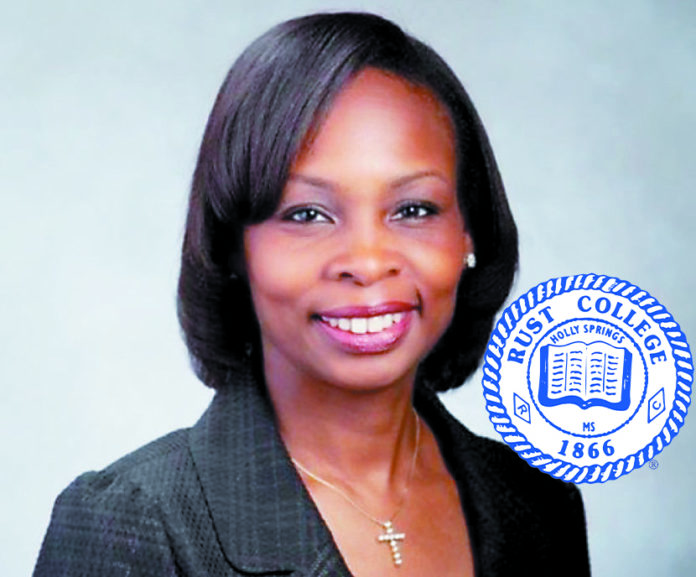
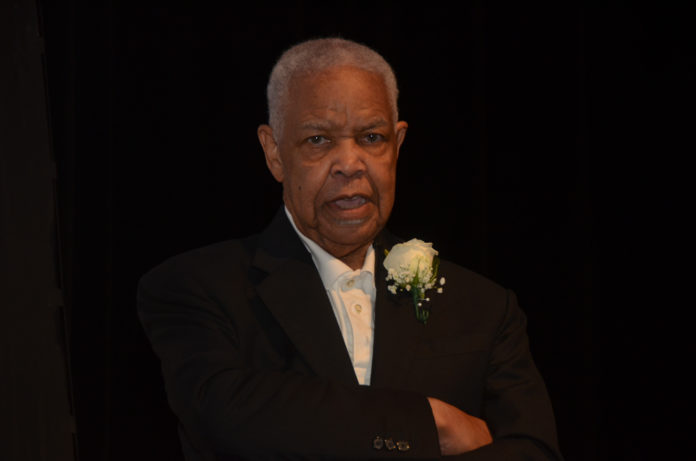
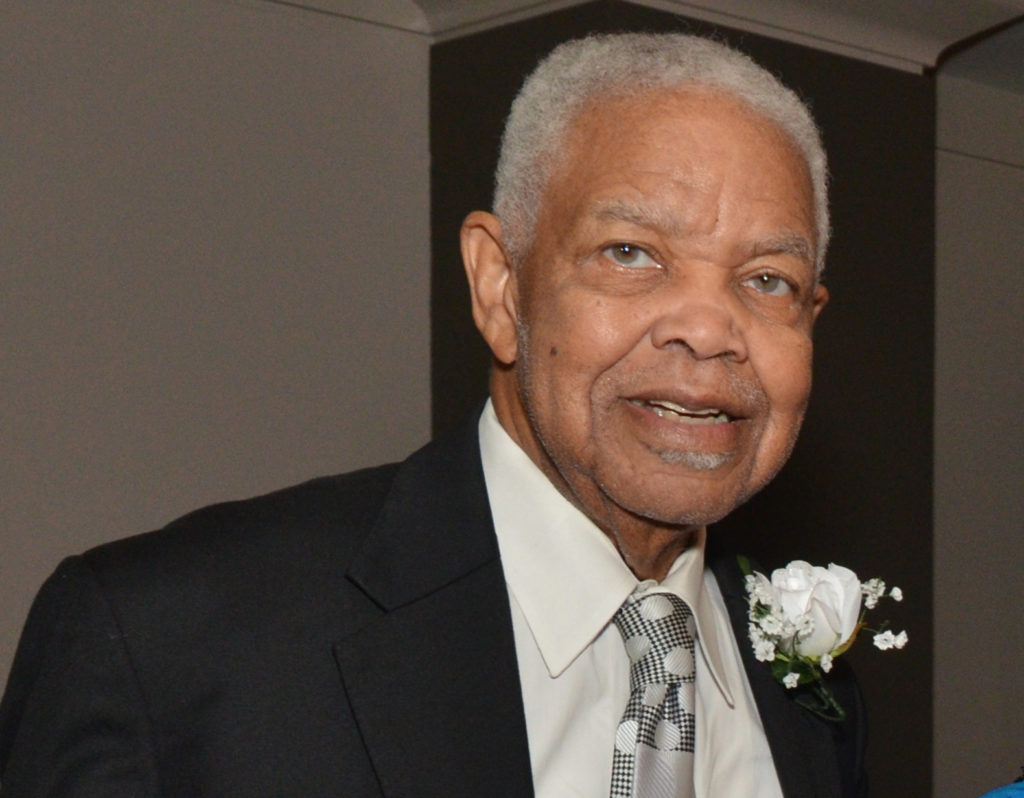
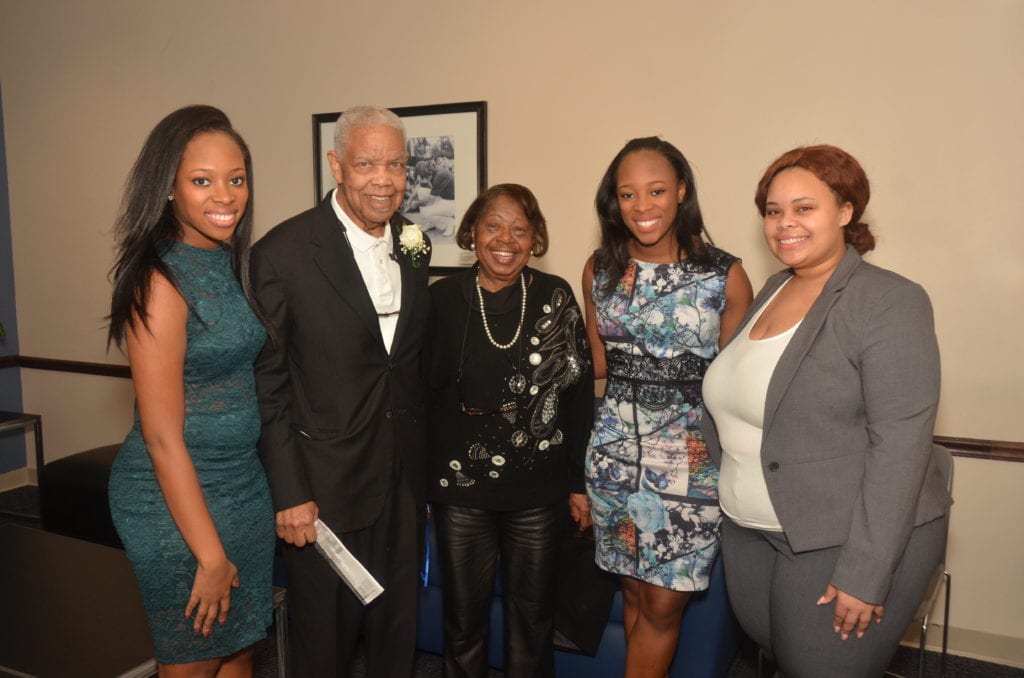
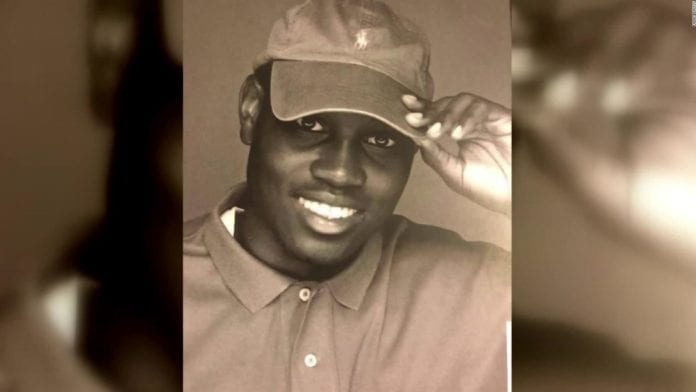
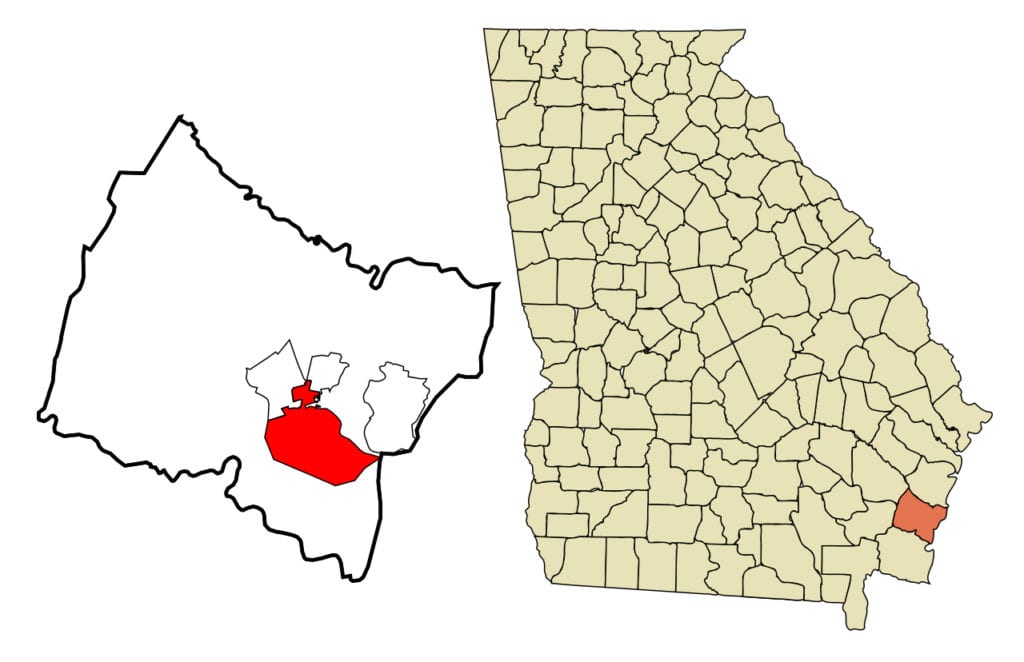
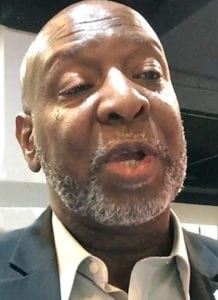
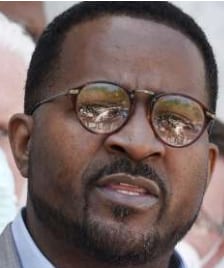
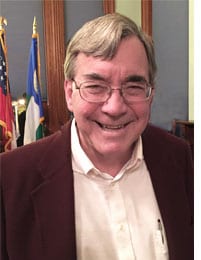


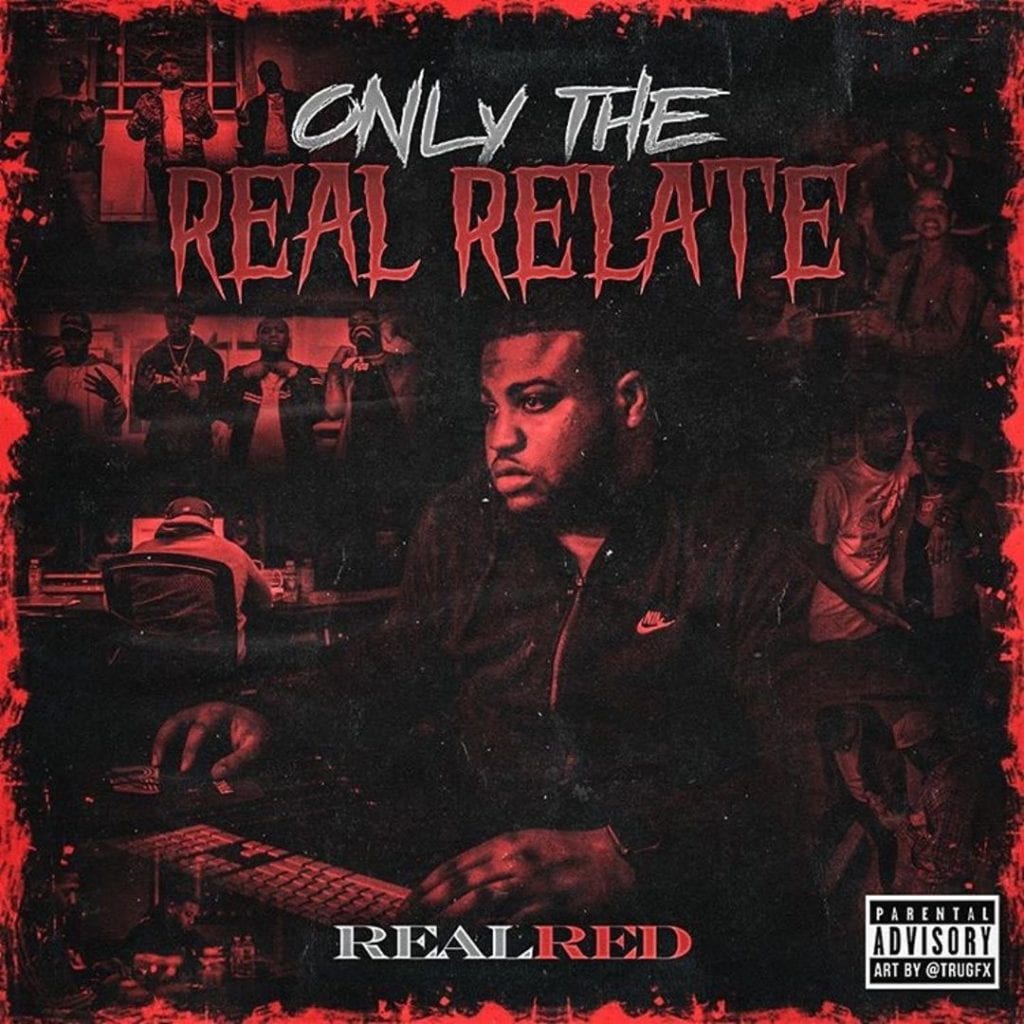 “I feel like I made a statement with this tape,” said RealRed. “It took me two years to perfect it.
“I feel like I made a statement with this tape,” said RealRed. “It took me two years to perfect it.